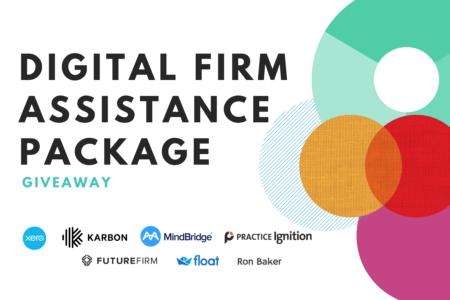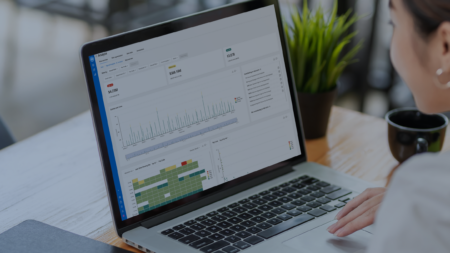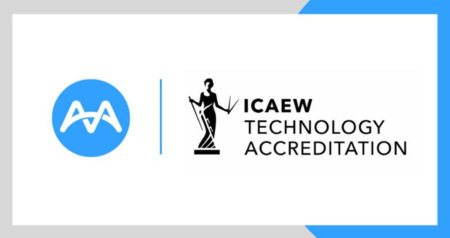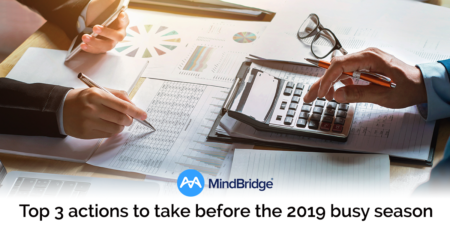
Giveaway: Win a digital assistance package for your firm
The world is changing and we’re all looking for ways to navigate the current crisis landscape together. That’s why we’ve partnered with Future Firm, Xero, Practice Ignition, Karbon, Float, and Ron Baker to offer you a chance to win a Digital Firm Assistance Package! Valued at over CDN $13K, the Digital Firm Assistance Package provides the support, tools, and












